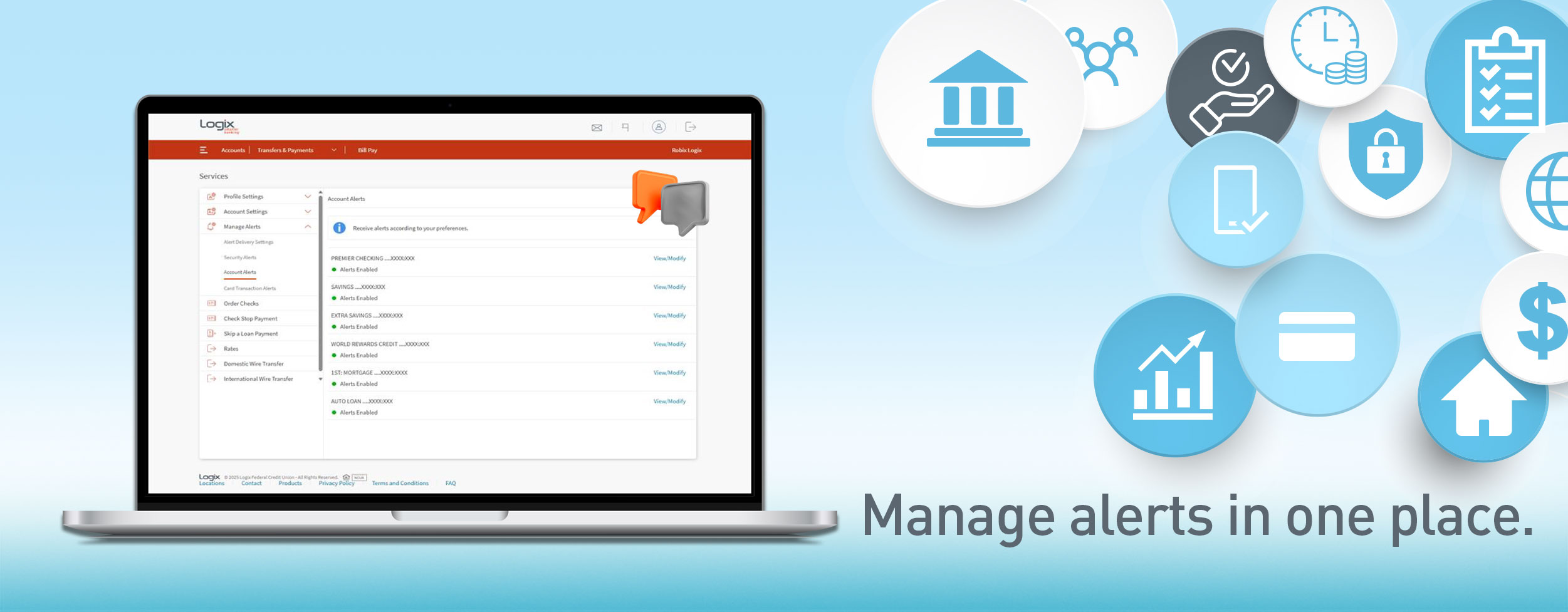Most dieters fail by denying themselves any pleasure. Deciding to “get healthy,” they decide to eat 100% healthy all the time always. While each individual meal is fine, consumed with water and no desert, it’s when you start thinking about the future, about a lifetime of healthy food, with no pizza, no burgers, no fries, stretching out between now and death that things tend to fall apart, that all of the sudden you are at the donut shop buying a dozen and eating them sitting in the parking lot. This often leads to a full week of nightly pizza orders before you get back on track.
We naturally seek pleasure, and giving it up one meal at a time is one thing, but imagining the rest of our lives without cake is another. This is the theory behind the 4 hour diet by Tim Farris, which has a “cheat day” built in every saturday where you literally eat whatever you want. It’s easier to eat healthy wednesday knowing you’ll have all the pie you want saturday. The cheat day also helps reset your metabolism, so that your body never adjusts to the slower caloric intake of the healthy meals, and acknowledges the social nature of food. You still get to have a big italian dinner with your family and break bread together, while moving towards a healthier goal.
Budgeting Tip: Start Small, Don't Stop
If "Giving Season" Was "Saving Season"
A particularly frugal friend of mine is obsessed with compound interest. With any financial decision, he doesn’t think “Is this item worth $50 to me,” he thinks “With compound interest, that $50 will be $100 when I retire and I’m old and broke and lonely, is this item worth $100 to me?” Unsurprisingly, he almost never spends any money on anything. While I don’t think it’s good to assume you’ll be old and broke and lonely (why not assume you’ll be old and rich and surrounded by loved ones?), it is an interesting thing to remember that, with a well chosen index fund or even a simple savings account, money grows. And especially during this giving season, it’s important to think about the nature of what we give and why.
Rock Bottom: Realizing You've Got To Change
A wise man once said bottom is just where you stop digging. If you want, you can dig deeper and deeper, and there might be bedrock down there somewhere, but its hidden behind new layers of pain and stress, that you don’t have to go through if you don’t want. You could keep saying to yourself “it’s not that bad, I just need to a raise, get that new job, get cash flowing again and I’ll be OK.” Or you could look at the hole you are in and say “that’s it, this is bottom, we’re climbing out from here.” If you are constantly worried about money, frequently overdraft your checking account, hitting up friends and family for loans to cover a few weeks, it’s time to start climbing out. Your financial life doesn’t have to feel like this. If you build a financial cushion, you have 1-2 months worth of expenses safely sitting in checking, everything can be so much better. But you have to start, right now, living within your means and using credit as it was intended.
Money can be a scary thing to talk about, but it’s worth it to try
The first thing I do when I’m thinking about buying someone a gift is think about what gifts have meant the most to me in my life. While this might seem selfish, the idea isn’t as simplistic as “oh, I loved that cup I got that one time, and so I should get this person a cup,” the point is to think about what are the qualities of the gift that made it stand out. What about that particular Christmas gift in High School makes me still think about it, what about that moment has stuck, and why. Then, as best as I can, I try and shop with those qualities and values in mind when I think about gift giving with others.








%20(952%20x%20317%20px)-2.png)






